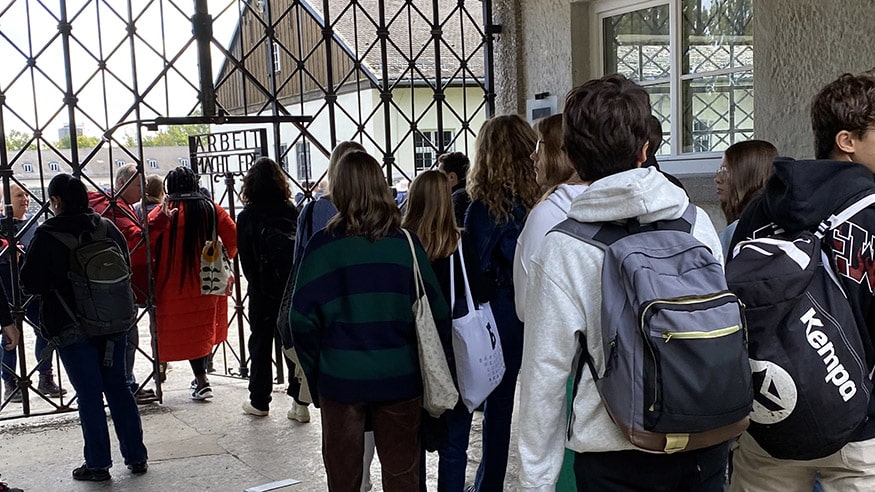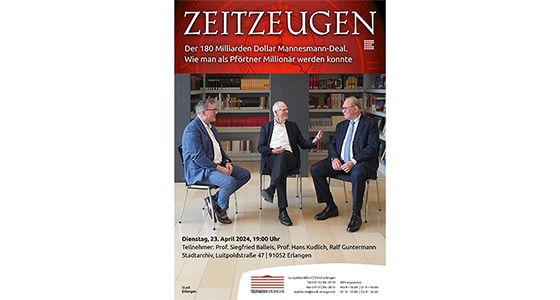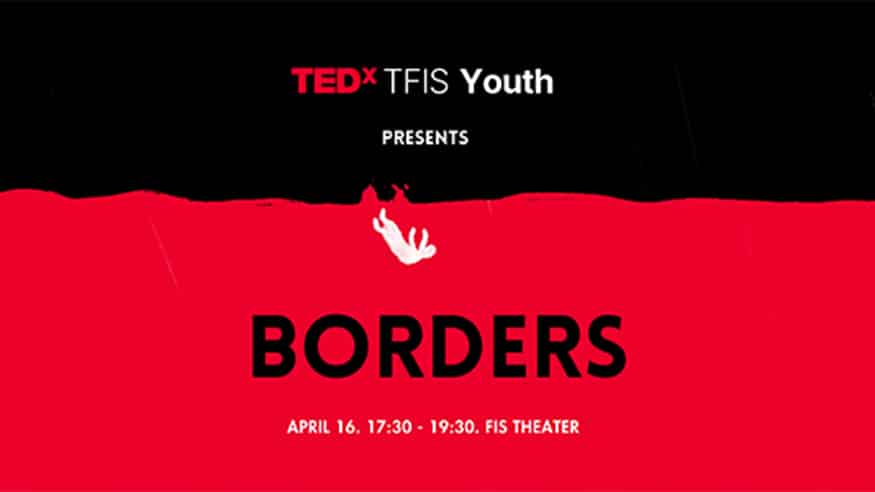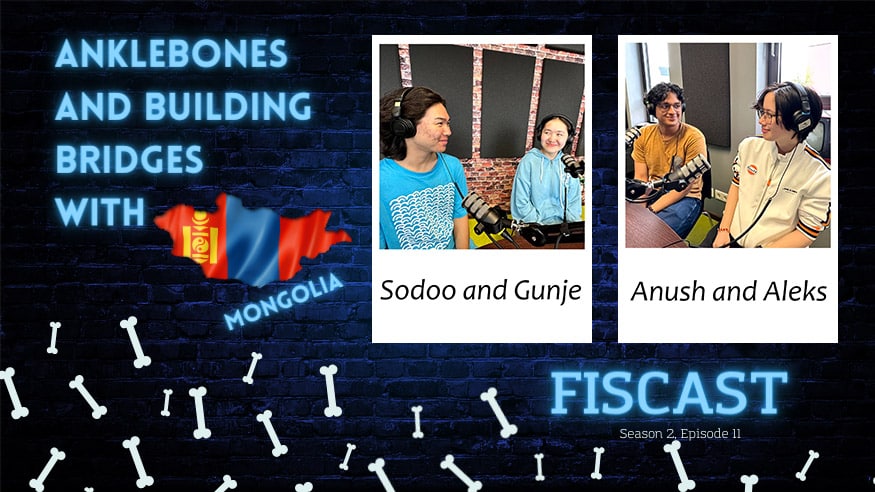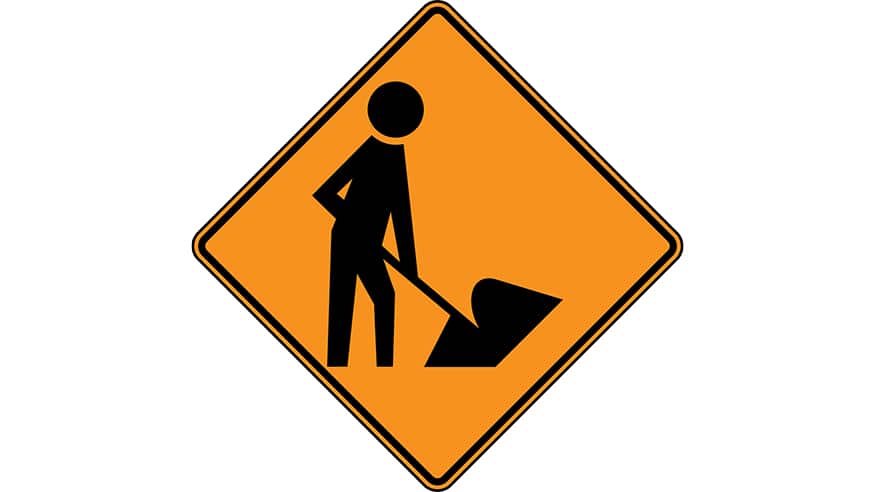“We had known about the existence of concentration camps long before we read the novel, but it wasn’t discussed at length in school or at home. So it made sense to learn more about them as part of the curriculum,” Lola Hochstetter reflects on her recent experience of visiting a camp with her peers.
Last year, students in Grade 8 studied the novel “Der Junge im gestreiften Pyjama” (The Boy in the Striped Pyjamas) by John Boyne in their German Language and Literature class. They also watched the movie “NAPOLA”. Conversations and engagement followed, which materialized into a visit to the Dachau Concentration Camp this school year.
Reconciling with the Past
“When we went to Dachau, we learned a lot more about that period in history and in much more vivid detail,” Valentina Vesselinov talks about the visit. “You always feel you know a lot about the world war, but visiting the camp really puts things in perspective,” she adds.
The students took a keen interest into the context of the novel, the rise of Hitler, the impact of national socialism on the Germans, and especially the Holocaust.
Philip Hannewald elaborates on this: “Not just the visit, but the process of learning about concentration camps showed me how one person, one agenda, one form of propaganda can turn a whole society against a single community.”
Lola admits that it isn’t fair to blame the German people at large. “Everyone was most likely living in fear and awe, and they had been misled into believing in the theory of ‘us vs them’,” she suggests.
Then and Now
When asked about how the past fits into the current geopolitics, all three students relate to the situation in Ukraine. “There hasn’t been a war in Europe since at least the turn of the century. So it’s really scary, especially because it’s taking place so close to where we are,” Lola says.
“The biggest takeaway for us from the experience was that what happened during WW2 should not happen again,” Philip looks back on the visit. He points out, however, that such conflicts are still rife all over the world, in different shapes and forms. In the end, only innocent civilians are afflicted.
Lessons from History
The students consider the importance of studying this subject in the school curriculum, and how deeply it can shape our own perspective on history and politics. Analyzing and studying history helps us adjust our moral compass and get a better understanding of the lasting impact that war and conflict can have.
“At Dachau we learned that it wasn’t just Jews who were ill-treated and discriminated against, but people from several other social groups,” Valentina further sheds light on the nature of discrimination, and draws parallels with how such divides continue to exist in a modern geopolitical landscape.
Lola recounts an example: “Our guide at the Dachau Concentration Camp told us of a friend who survived the Holocaust, and he was 15 at the time. I couldn’t help notice the irony of how someone about as old as me underwent such suffering. And I thought about how privileged I am to be living in a peaceful environment, without war or conflict. It drove home how significant maintaining peace and harmony is, especially in the diverse, multicultural society we live in.”

